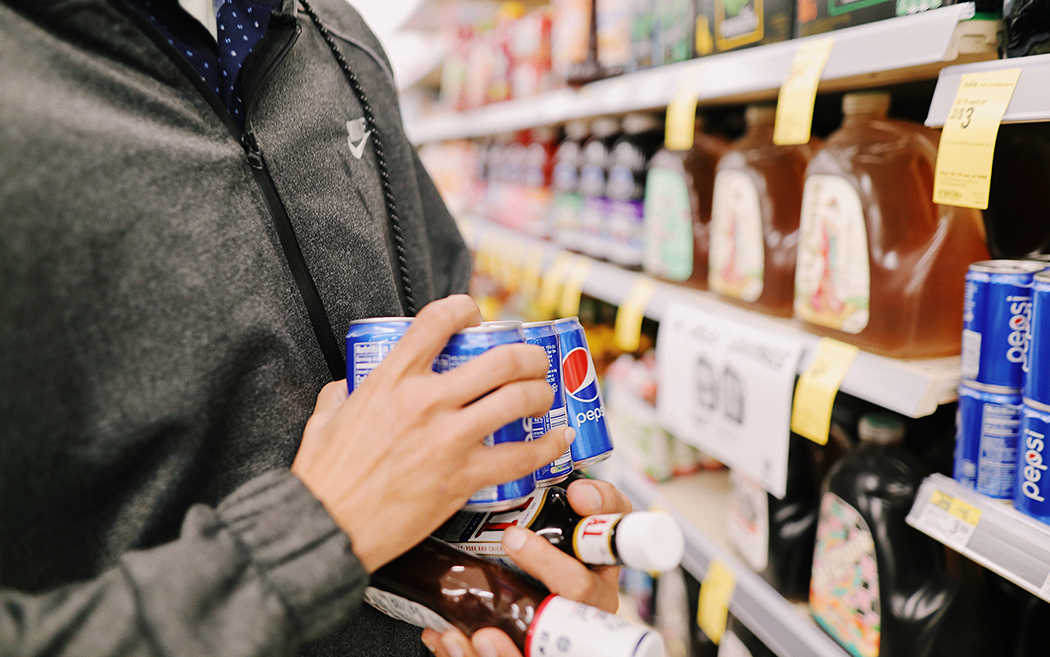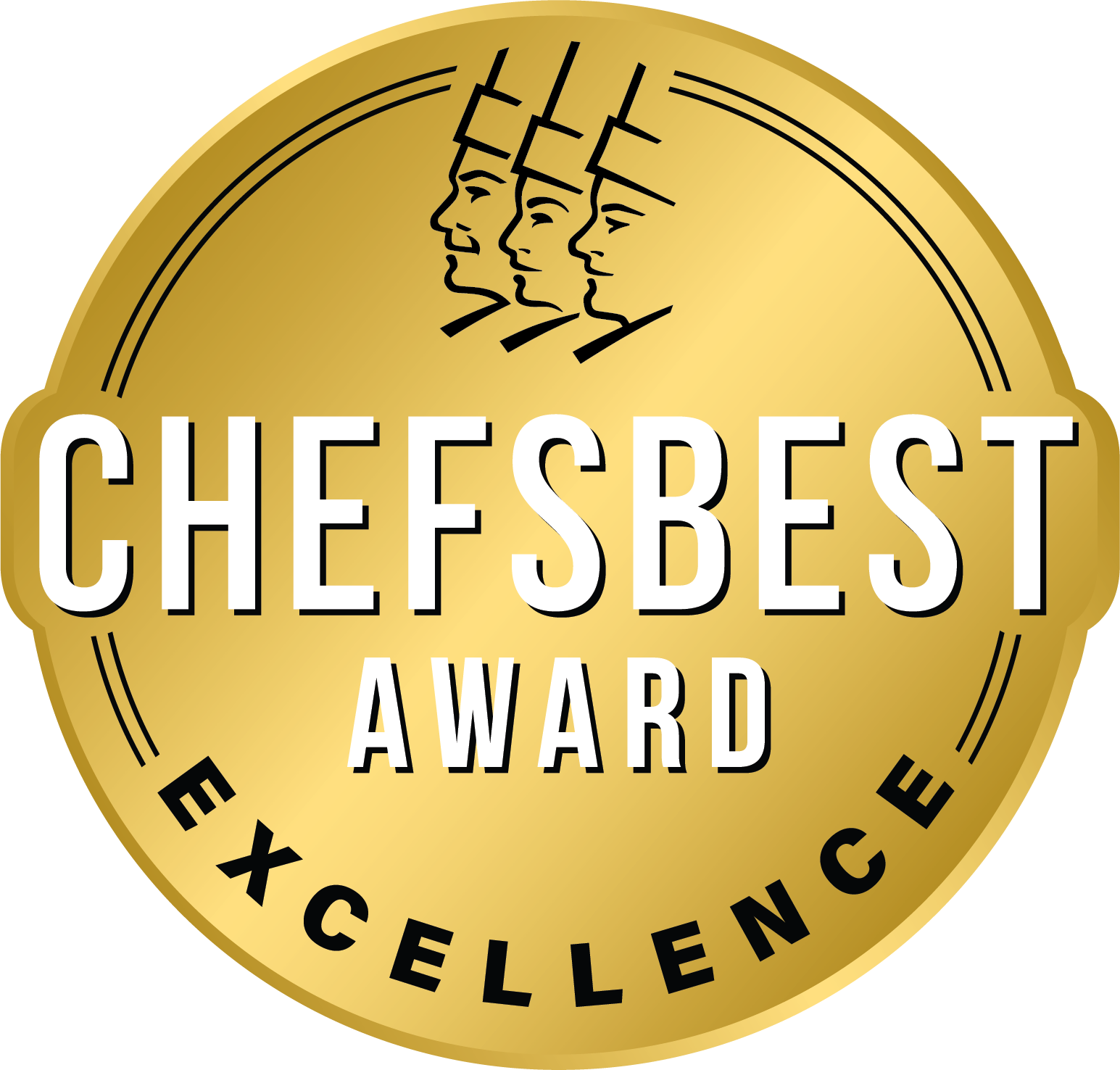Private Brands: Keeping up with National Legacy Brands

Private brands who wish to successfully navigate the changing CPG landscape must leverage emerging trends and learn from winning strategies from national brands.
While the demand for food and beverage products remains relatively consistent, it’s no secret that CPG sales have fluctuated over the last three years. Between changing consumer shopping behaviors and economic instability, CPG brands have had to embrace flexibility in order to prosper. For many legacy brands, this isn’t the first time they’ve had to adopt such an approach—and private brands should take note.
Yes, CPG marketing has recently had to contend with unprecedented challenges. However, there have been both legacy and private brands that have successfully navigated the changing CPG landscape. Some have relied on tried and true CPG marketing techniques, while others quickly pivoted to leverage emerging trends. A combination of both approaches, however, has the potential to help private brands stand out even more.
Why Private Brands Must Embrace Food and Beverage Trends
In the past, private brands struggled to compete against legacy brands. Some national brands have dominated market shares for decades and consumers are quick to recognize these products. Fortunately, consumers today don’t have the same attitude towards legacy brands that they used to.
According to Hartman Group Ideas in Food, shoppers no longer think of private brands as a downgrade. These products are now successfully competing in areas where legacy brands have often dominated. That was several years ago, and the consumer attitude toward private brands has only continued to improve.
In 2022, Forbes stated “Profit-driven price inflation and supply chain issues are impacting consumer buying patterns at grocery stores. Over 87% of consumers are opting for private label items or shopping at different stores for those items, particularly to save money.” Essentially, there’s never been a better time for private brands to venture outside of typical pantry staple products.
Whether that’s leveraging trending categories, ingredients, flavors, or even marketing strategies, the current consumer attitude towards private brands has created a novel opportunity for private brands to gain market shares.
Omnichannel Marketing, Influencer Marketing, and Social Sales
An omnichannel approach to CPG marketing and fulfillment is essential for private brands that want to compete with legacy brands. Mainly because consumers have begun using multiple channels within the same buying journey.
While this is sometimes just about gathering information, consumers are also using multiple channels to decide whether to purchase in-store or virtually, which virtual channels will ship fastest, if they should order online and pick up in-store, if they can verify ad claims with social proof, etc.
Additionally, platforms like TikTok and Instagram are becoming increasingly important when it comes to engaging with and selling to younger consumers. According to Seller App, “Consumers, especially Gen Z, use social media platforms like TikTok for search and product recommendations. In fact, 48% of consumers are now likely to purchase directly from TikTok.”
With that in mind, it’s also worth exploring whether influencer marketing will benefit a private brand. Influencers have the ability to affect the purchasing decisions of their audience, and brands who collaborate with them can connect with loyal audiences who trust their recommendations. Not only does this type of marketing allow brands to leverage an influencer’s audience, but it also acts as important social proof for ad claims.
Whether it’s looking at a brand’s website, a retailer’s website, or various social media platforms, having a diverse online presence creates more opportunities for consumers to discover, engage with, and purchase from a brand. Not taking advantage of multiple channels, whether for food marketing or sales, is a wasted opportunity.
Convey Sustainability Features Across Food and Beverage Marketing
Whether a food and beverage brand uses sustainable packaging or ingredients, there has never been a better time to communicate that information to consumers. Shoppers today are much more concerned about sustainability, and they’re willing to pay more for it.
According to Business Wire, “Almost half of the internet users (53%) say they would use a brand or store less frequently if they discovered that a brand or store wasn’t operating sustainably.” Plus, a significant portion of consumers are willing to pay a higher price for products created using a sustainable supply chain.
It’s important to remember, however, that implementing sustainability efforts only leads to an increase in sales if it’s communicated to consumers. High-quality marketing assets that inform consumers about product features are particularly effective. These can be shared across social media, on the brand’s website, etc.
Sustainability features, or really any unique features, should also be considered for inclusion on the label. If a sustainability-conscious shopper is debating between several similar products on the shelf, that information could be what lands the sale.
Regardless of what those unique features might be, ChefsBest will work with you to develop trustworthy assets through our testing process, our awards, our substantiation of ad claims, our content production team, and of course our chefs. While the time is right for private brands to expand, knowing which trends to utilize can be overwhelming. We’ll work with you to determine the right direction for your brand so you can easily keep up with legacy brands.
Want insight from an expert in the industry? Tune in to What’s Next For The Private Label Industry. In this episode of our podcast, Beyond the Shelf, Christopher Durham of Retail Brands Institute shares how the past two years have dramatically shifted the goals and needs of many private labels. In addition, he discusses how the next few years will be extremely monumental for the private label industry, plus how the Retail Brands Institute is helping to create an opportunity for industry leaders to network and grow.
To stay up-to-date with trends and news in the food & beverage industry, follow us on social media: Facebook, Twitter, Instagram, and LinkedIn – and check out more of our blogs.
